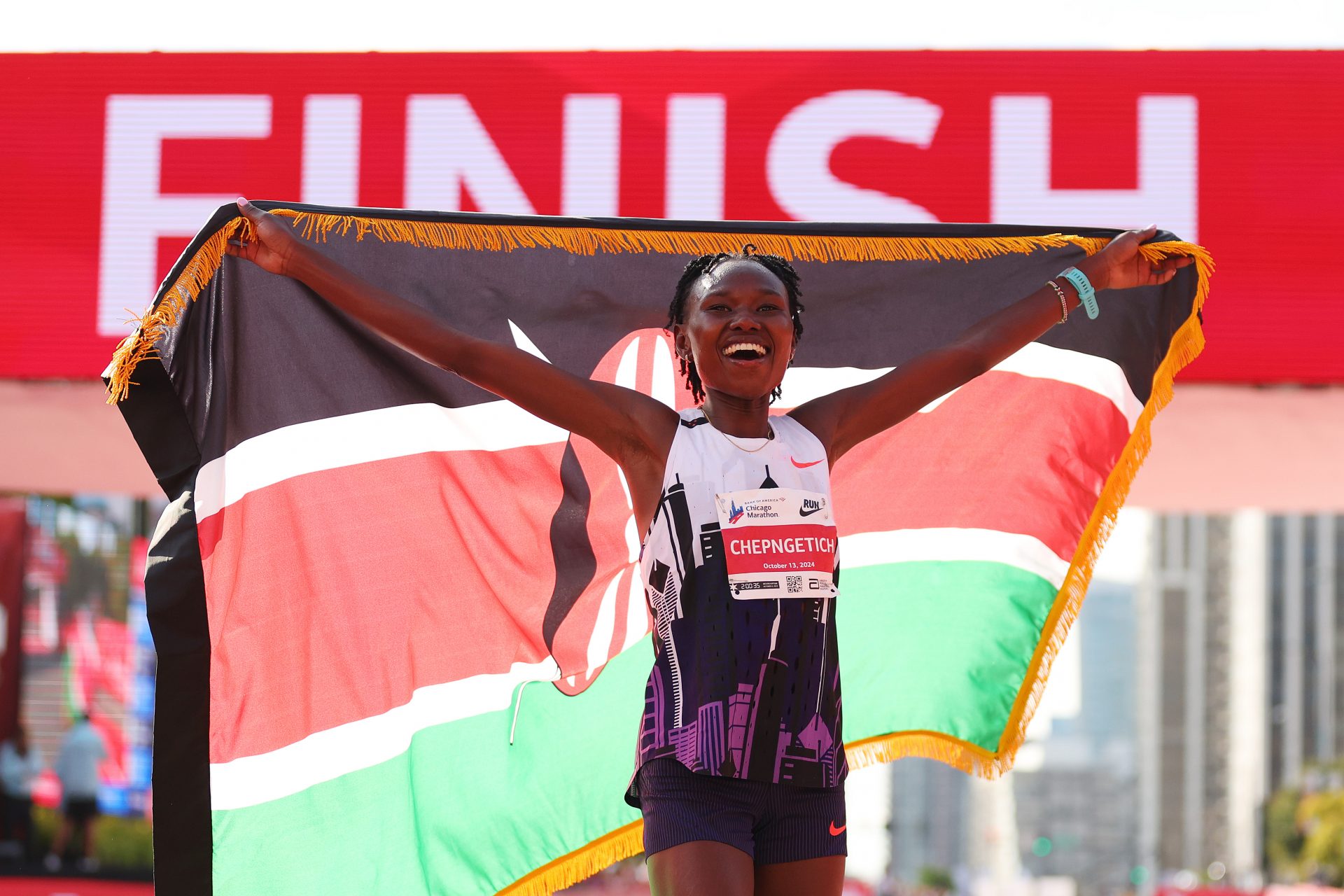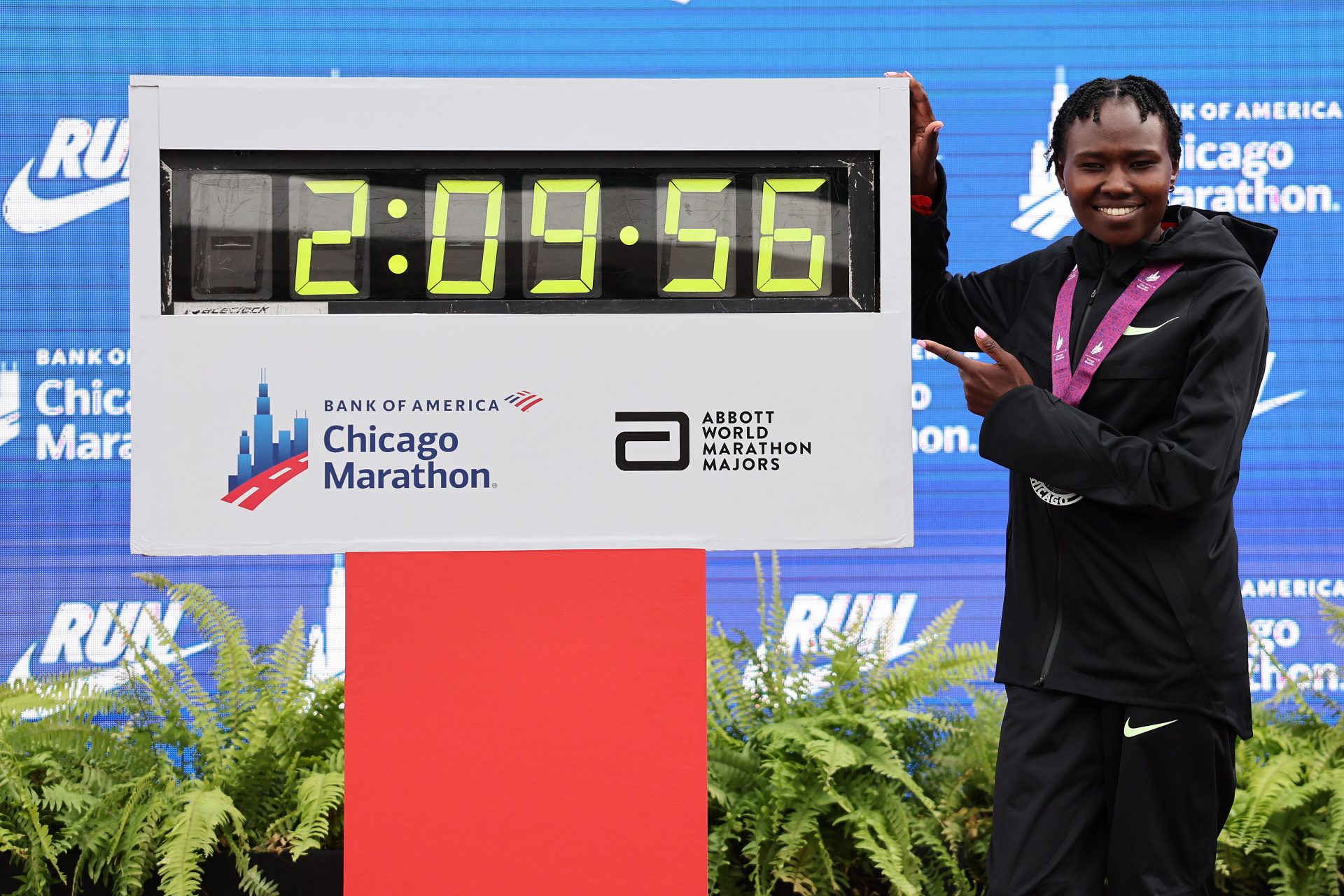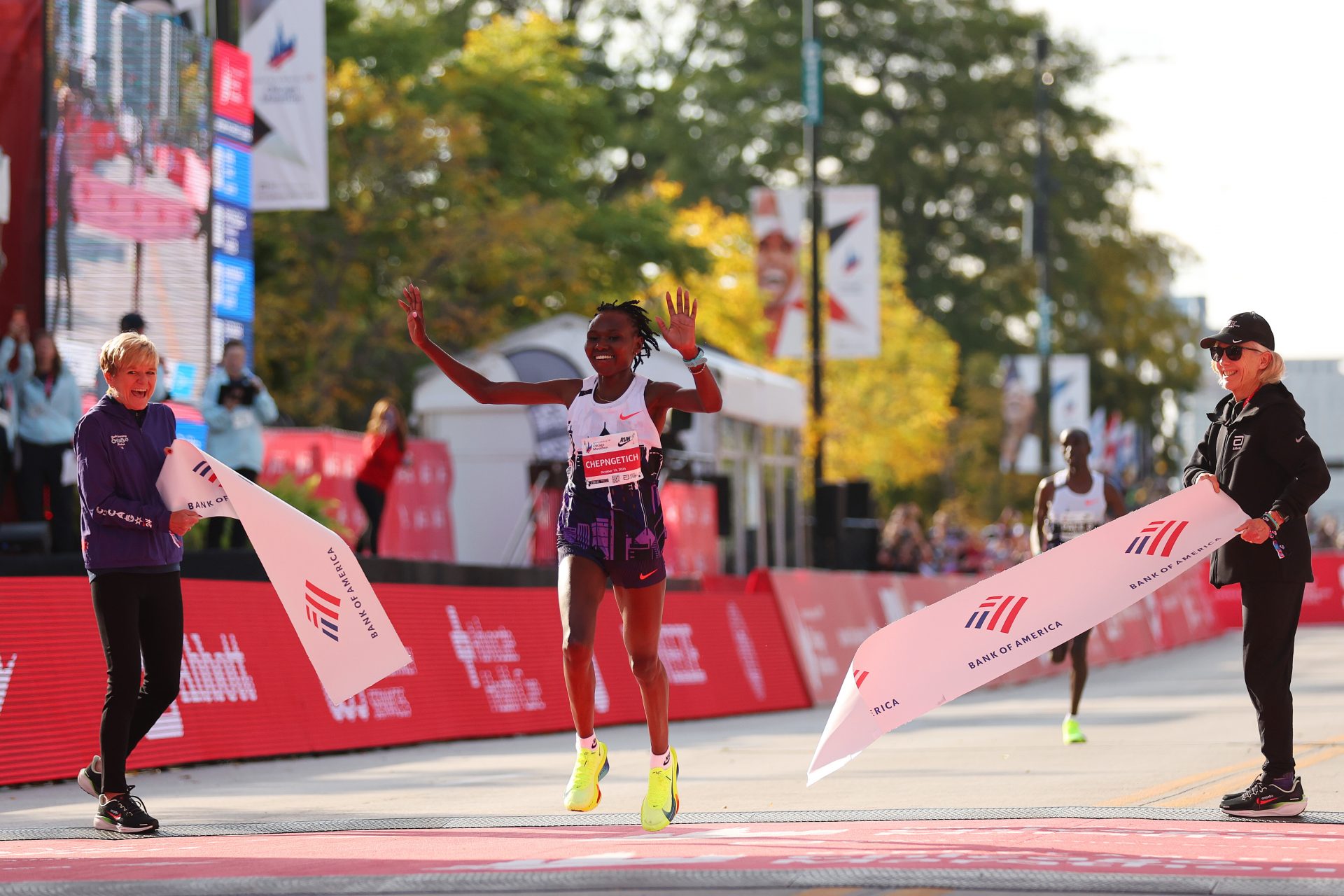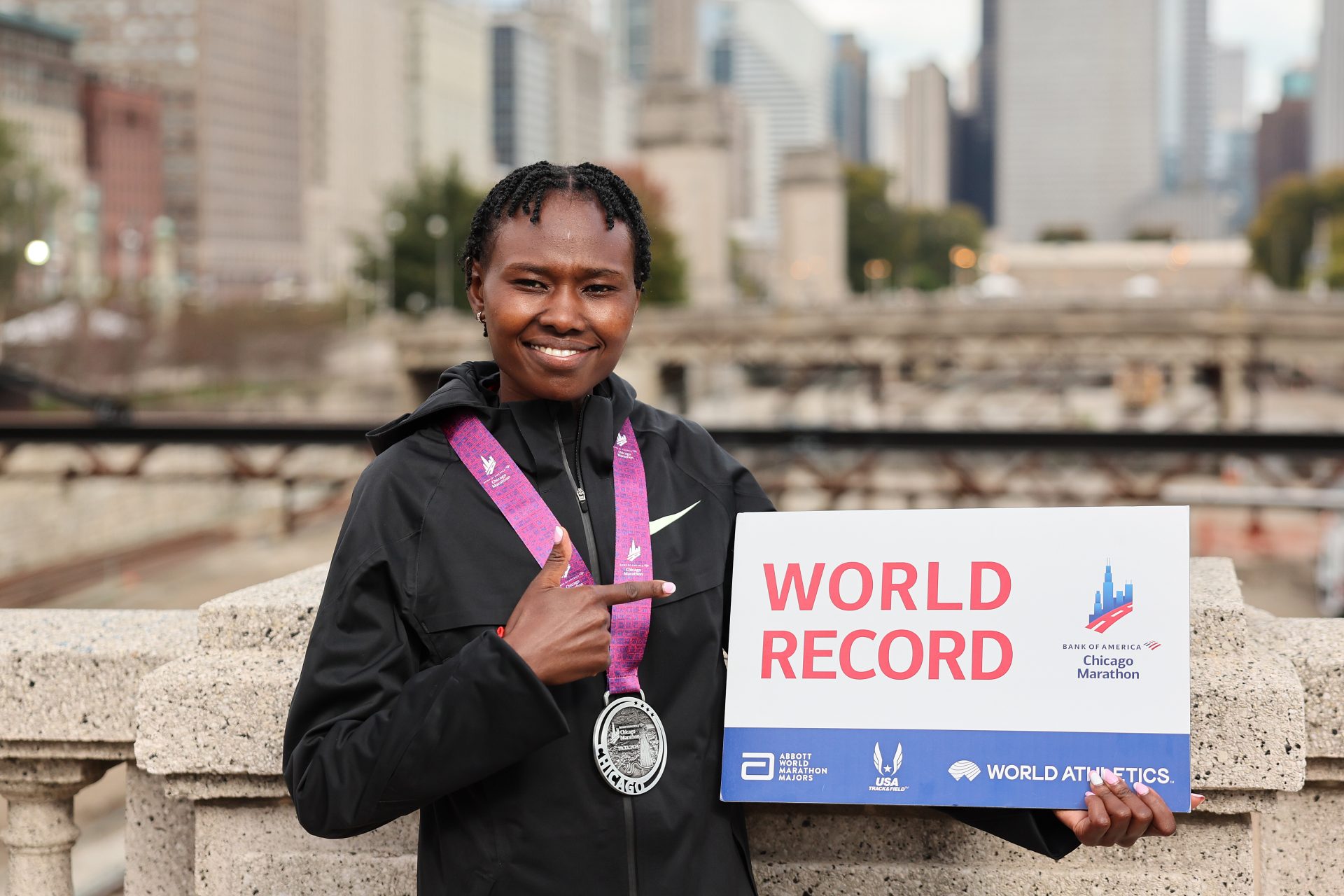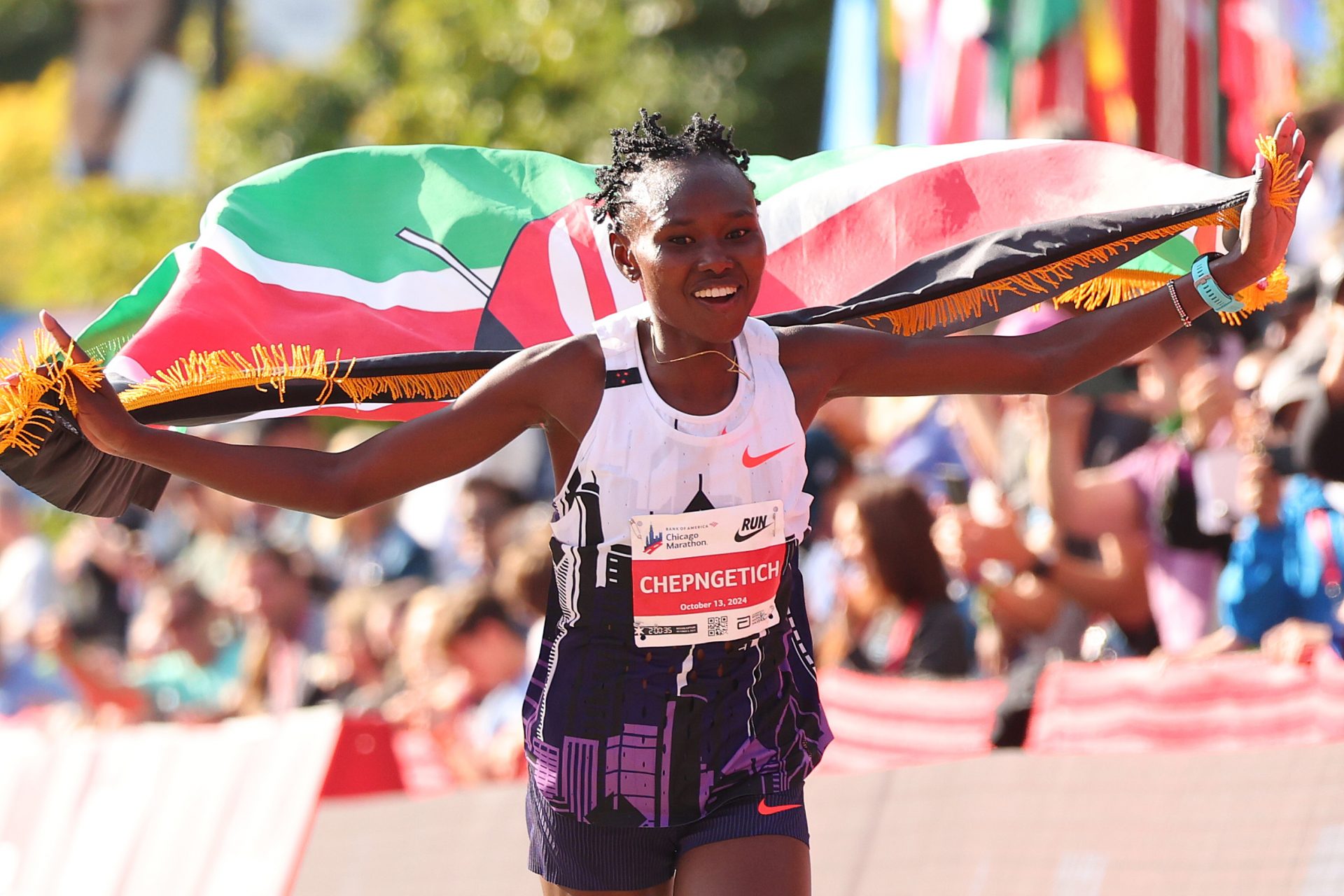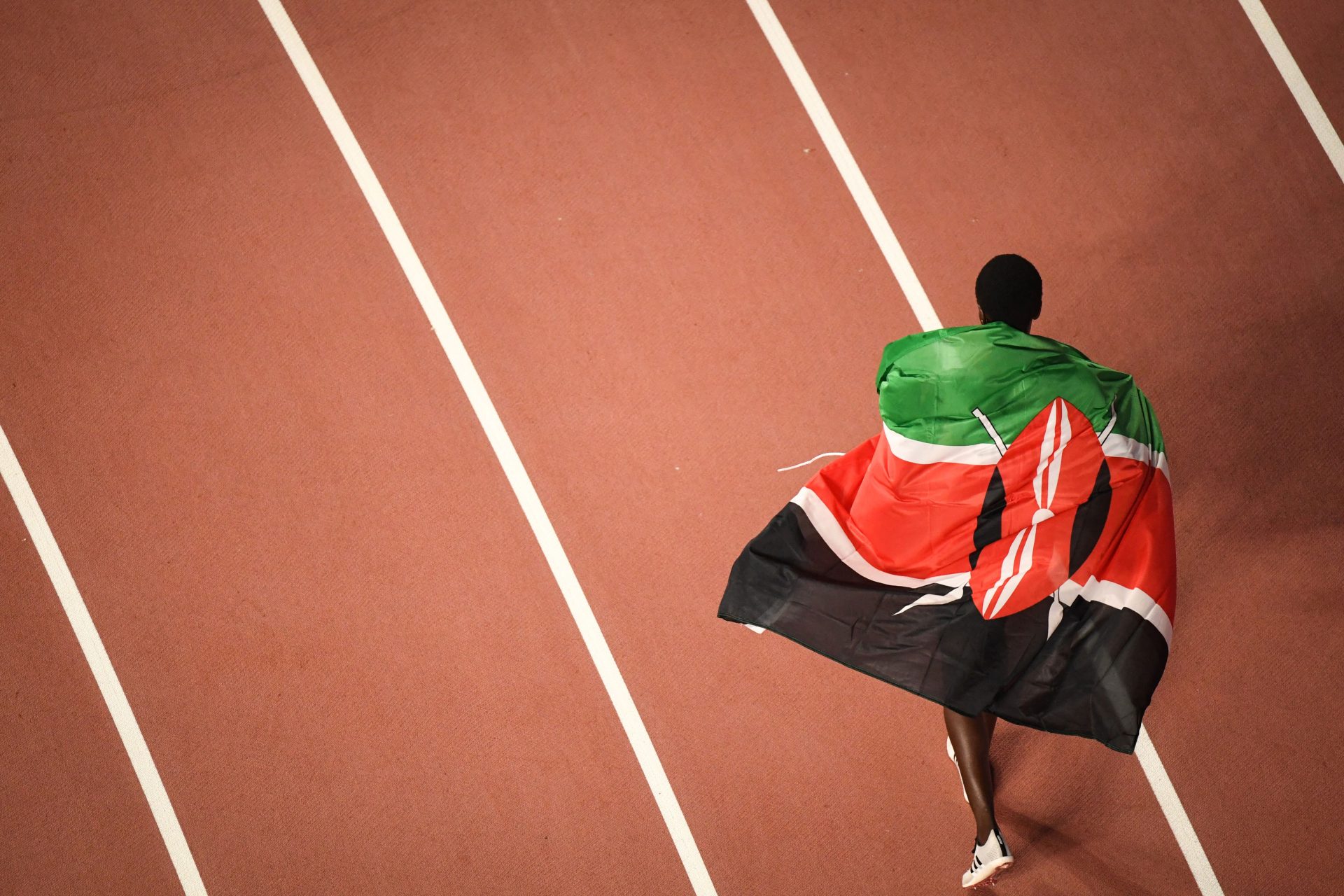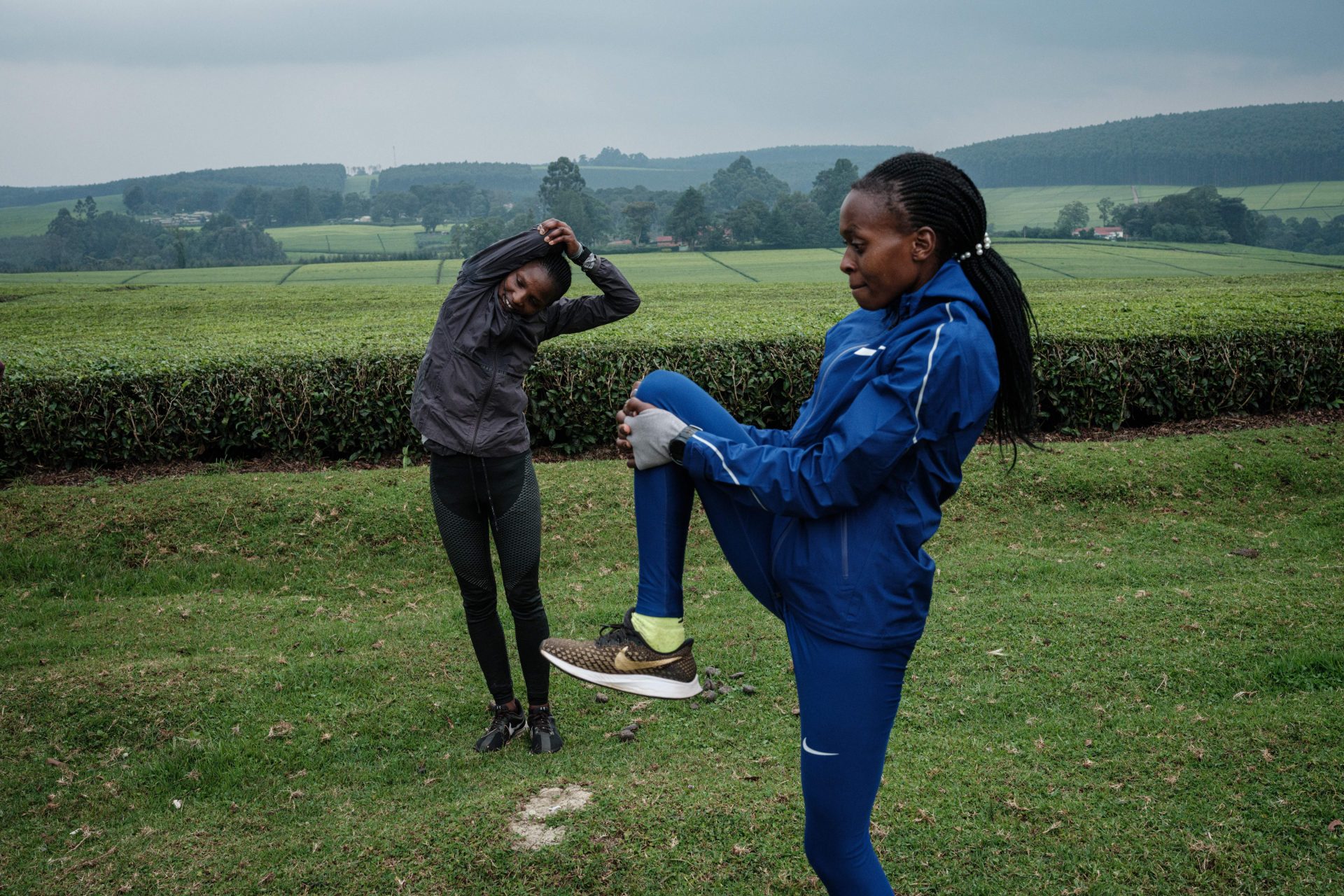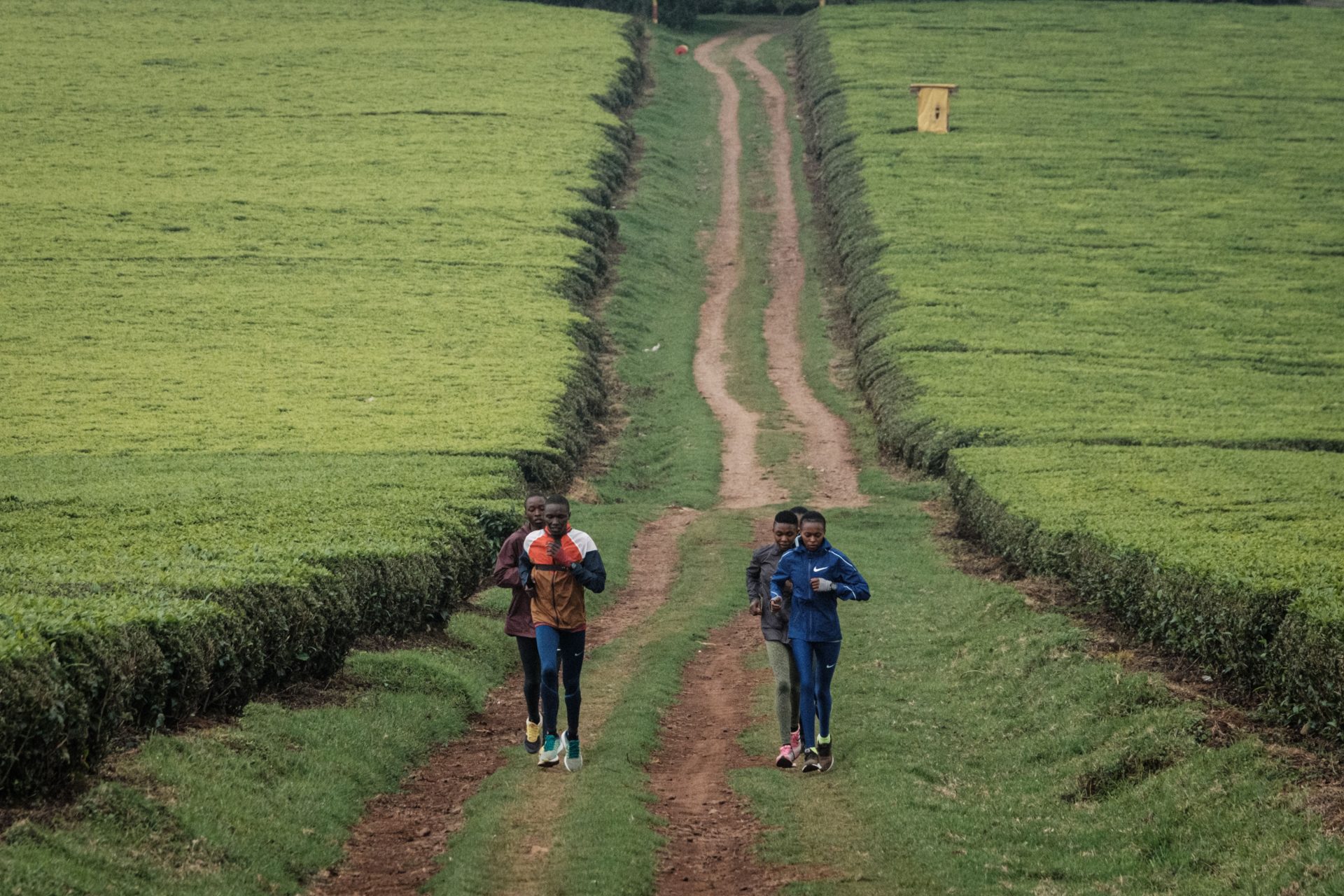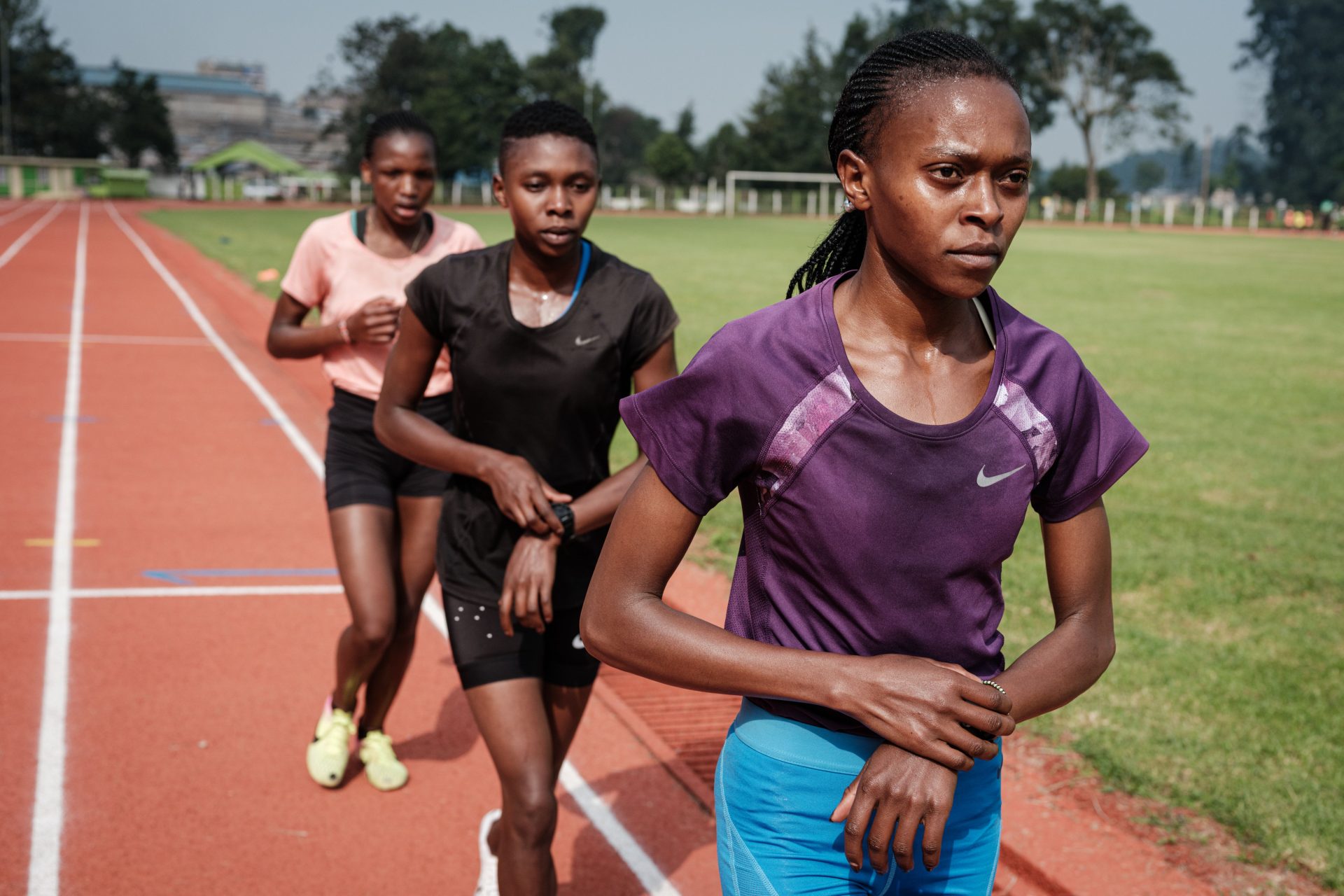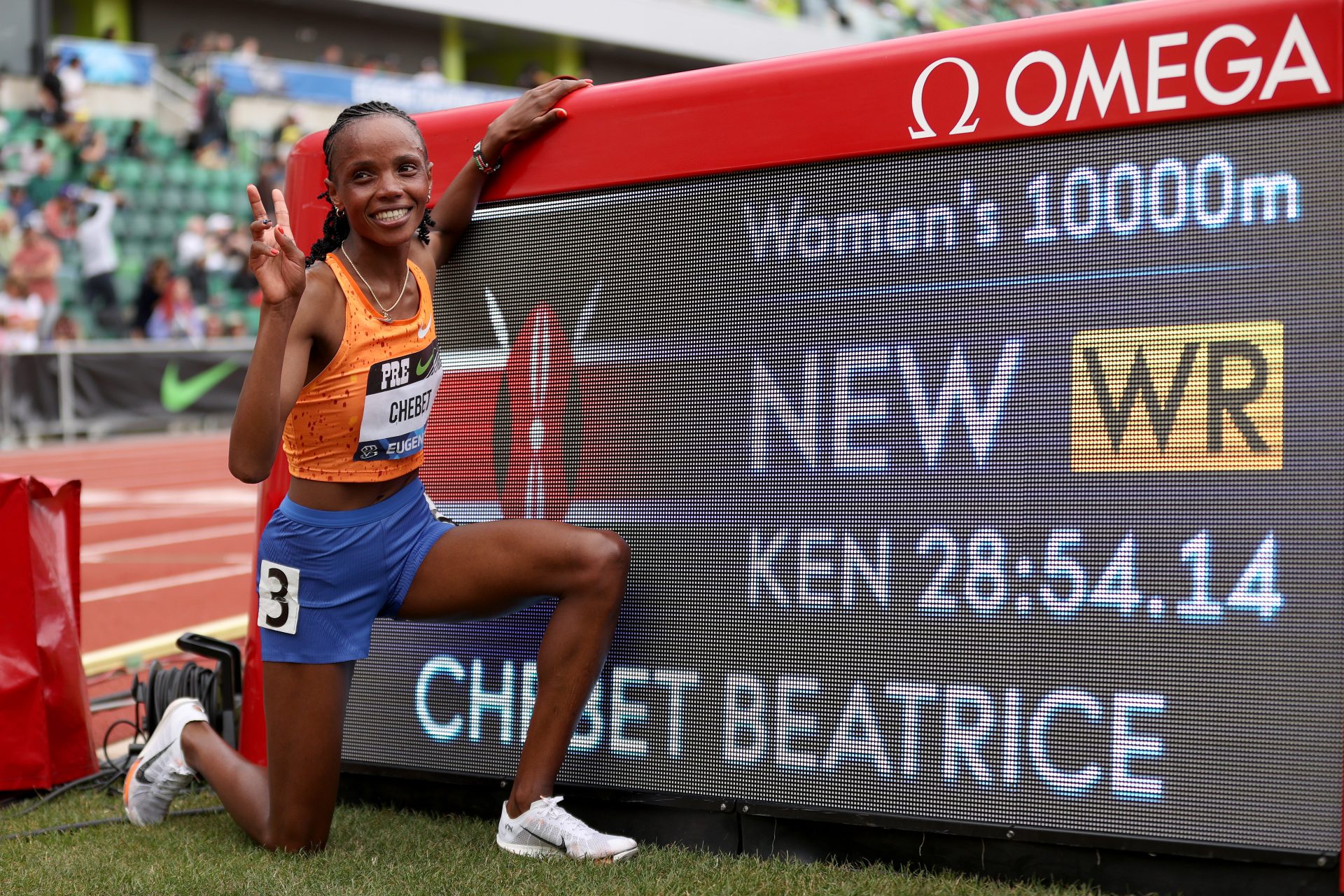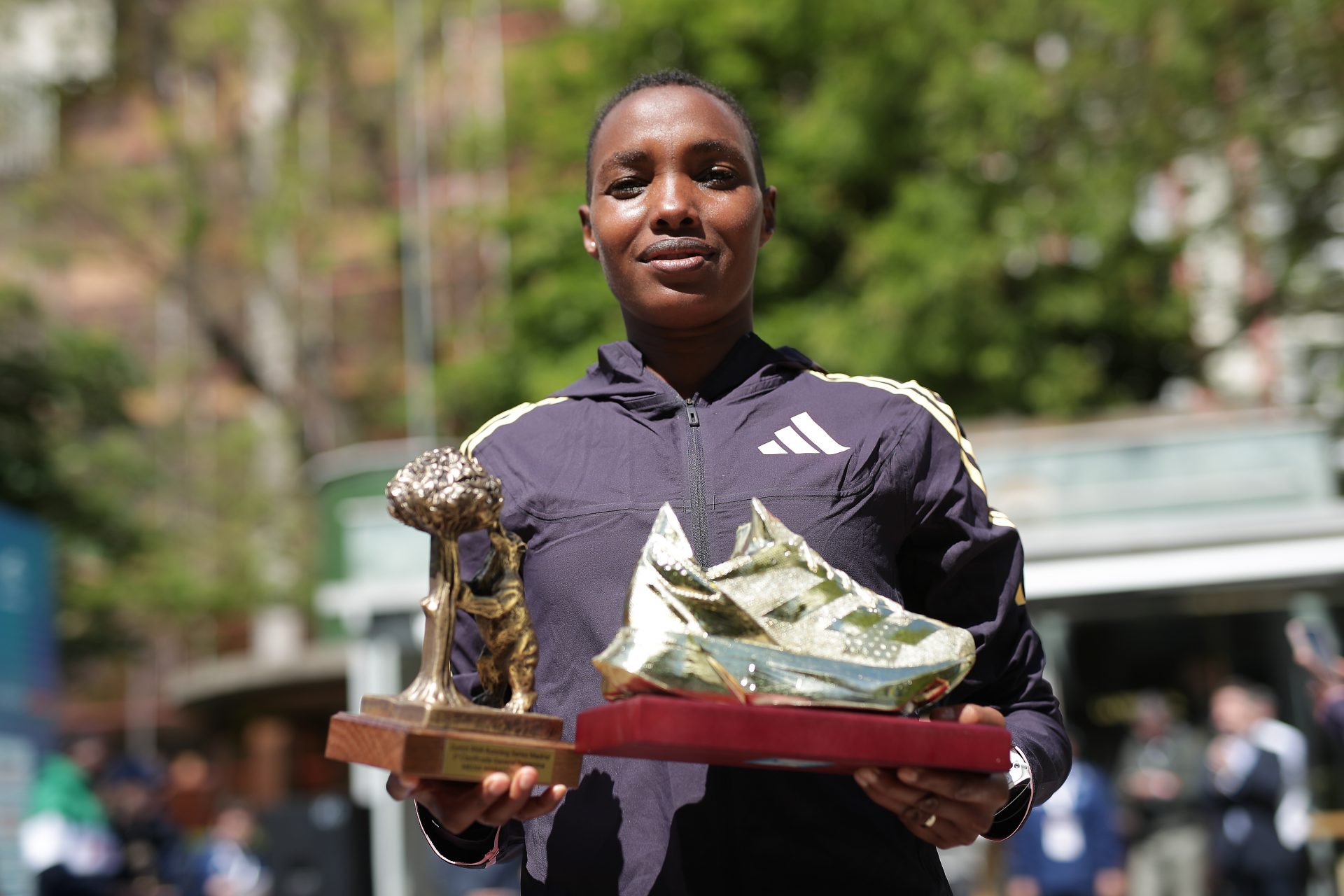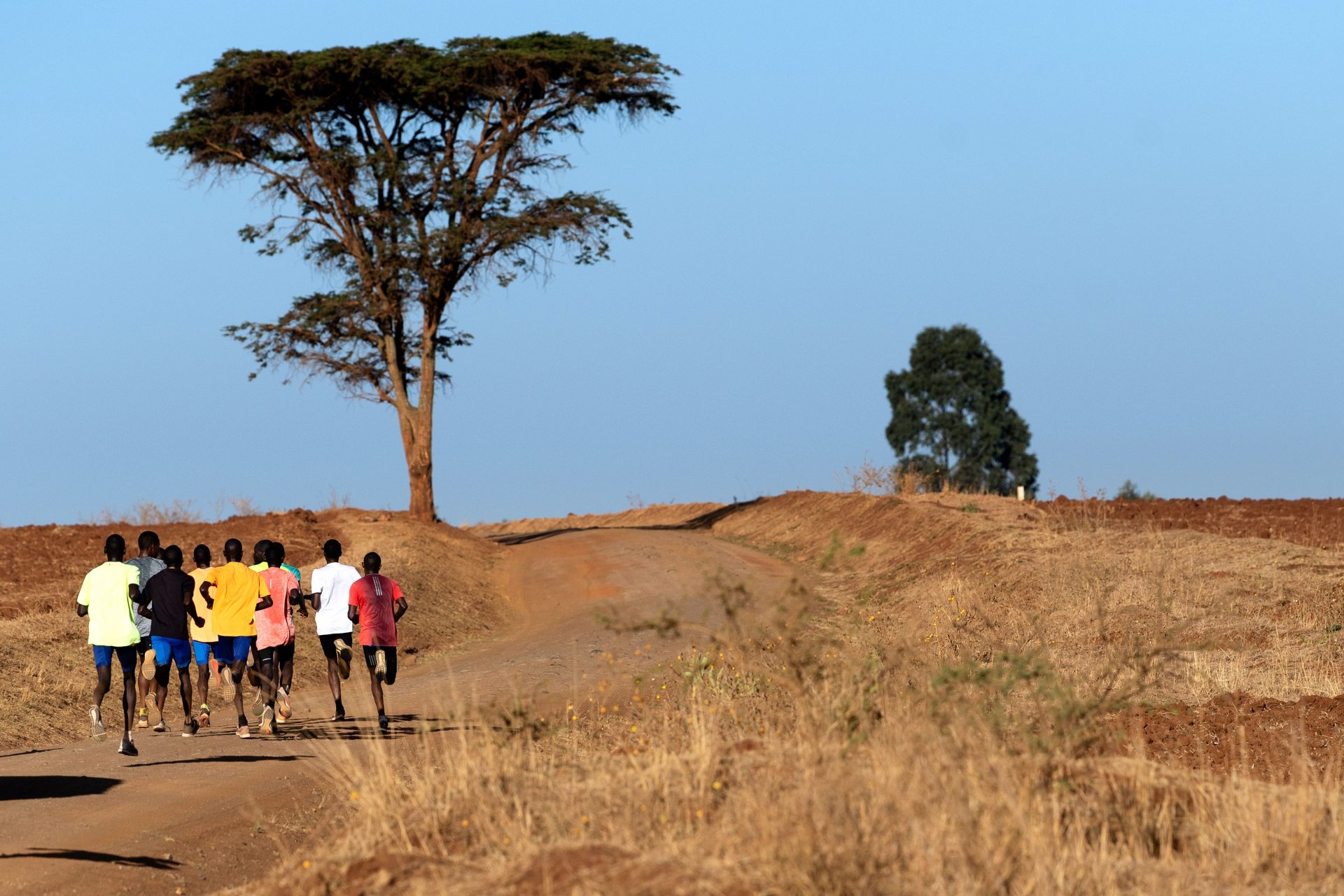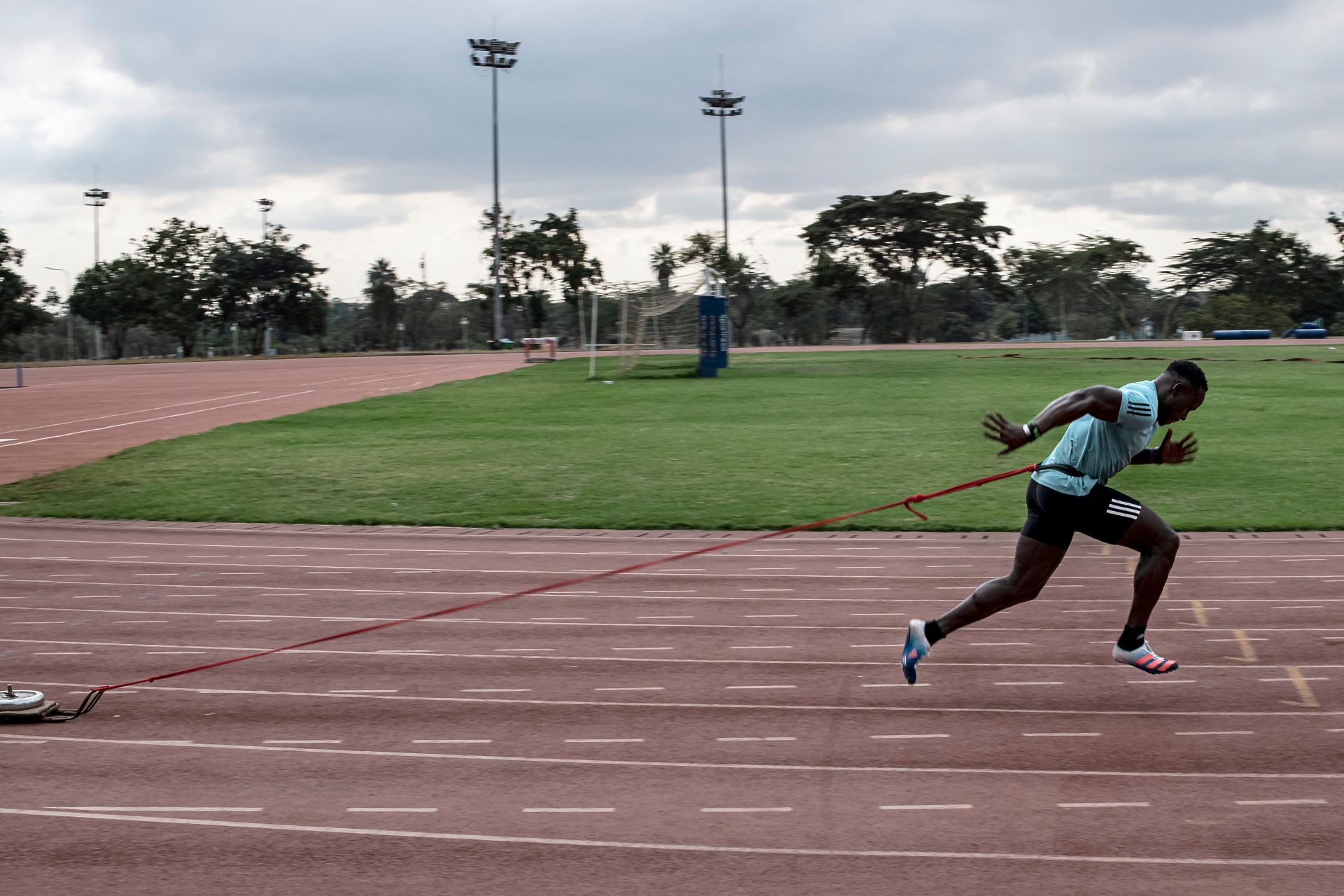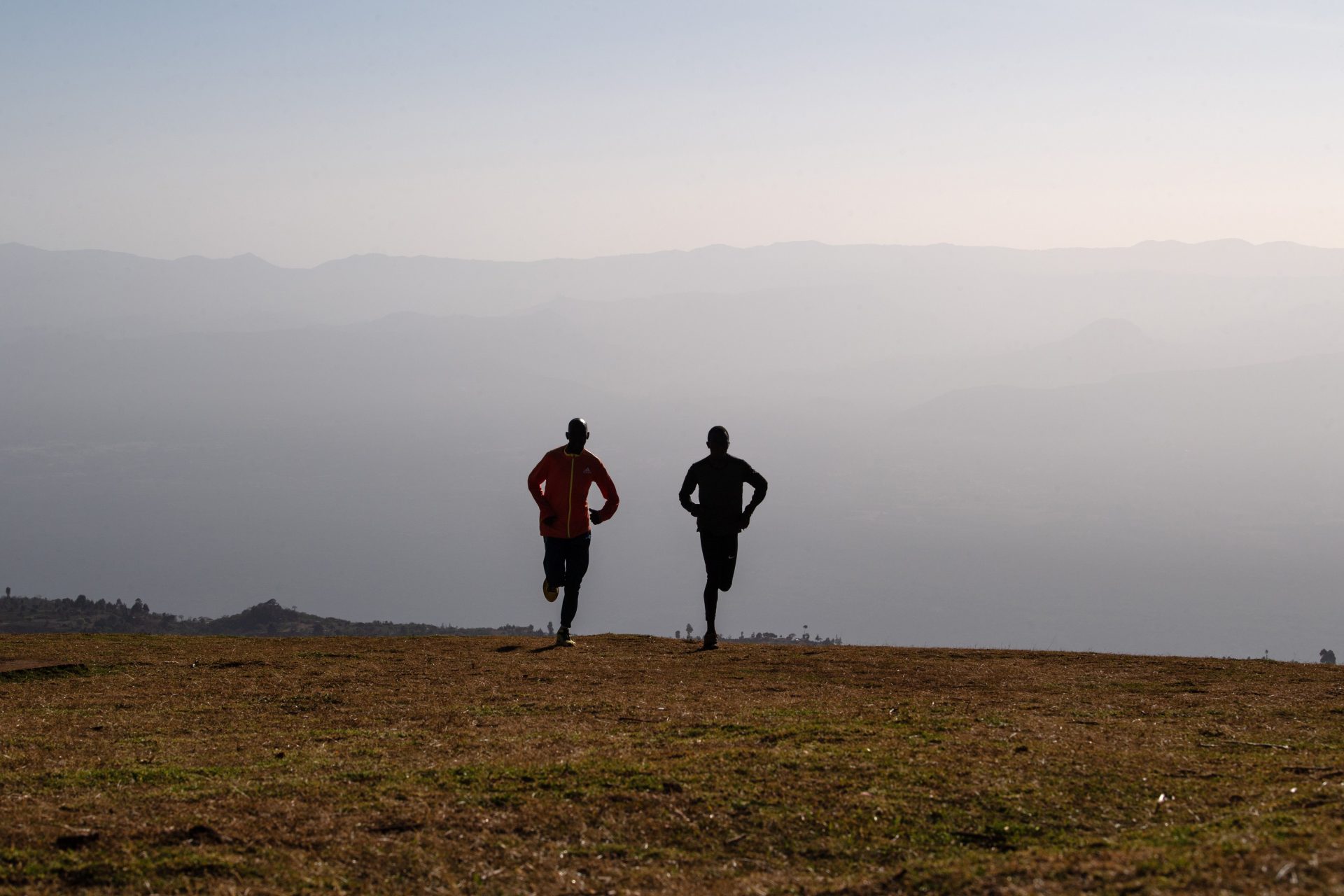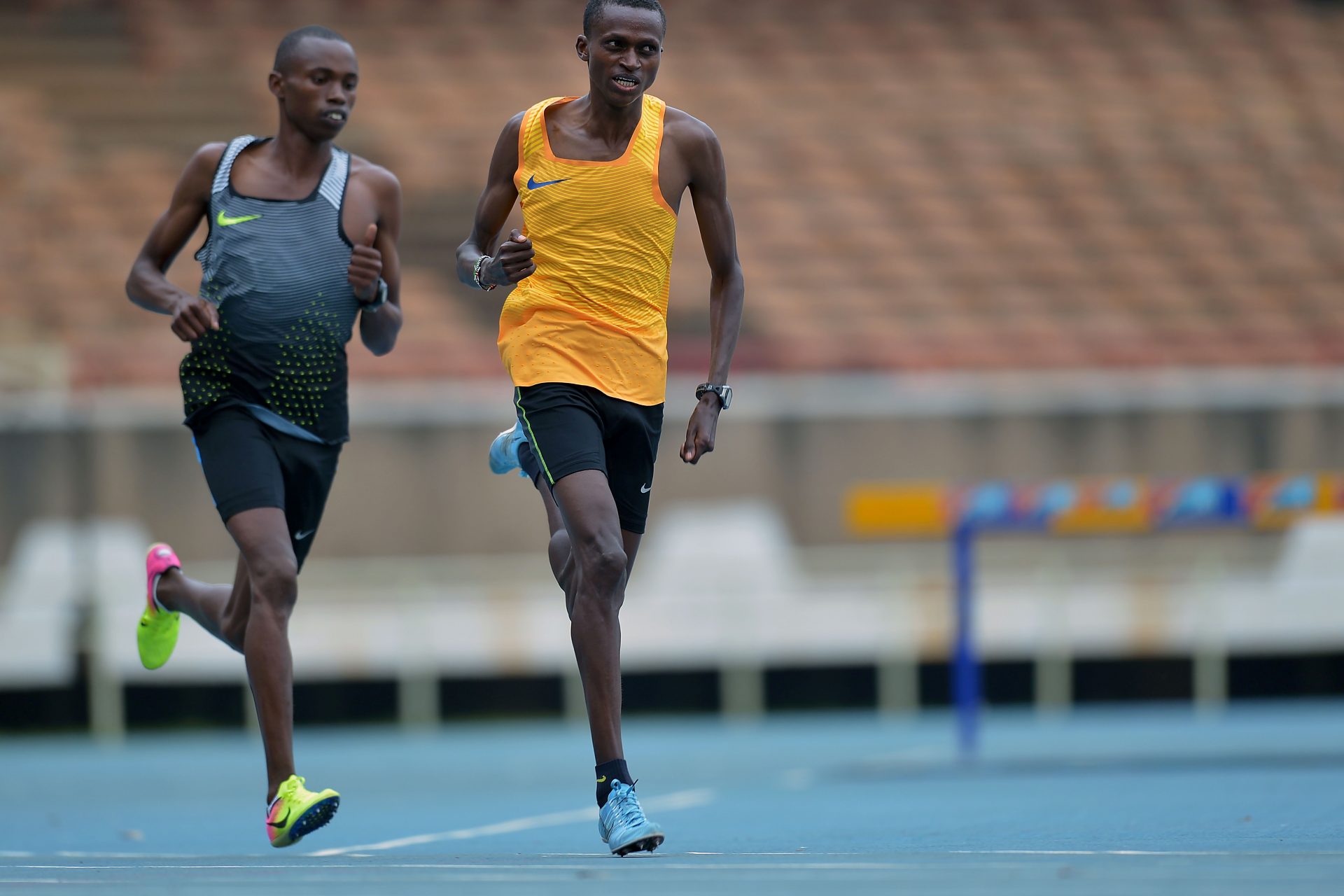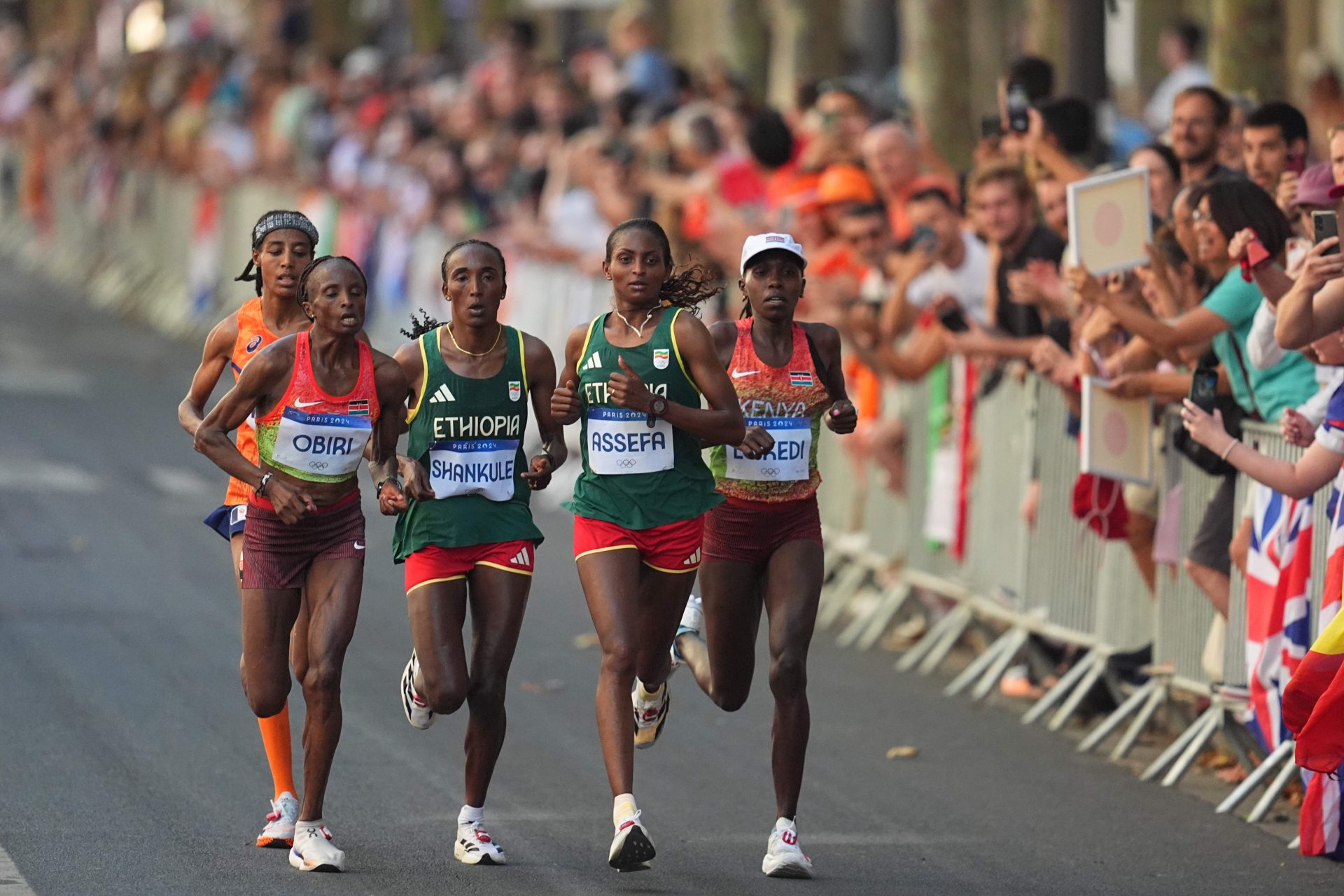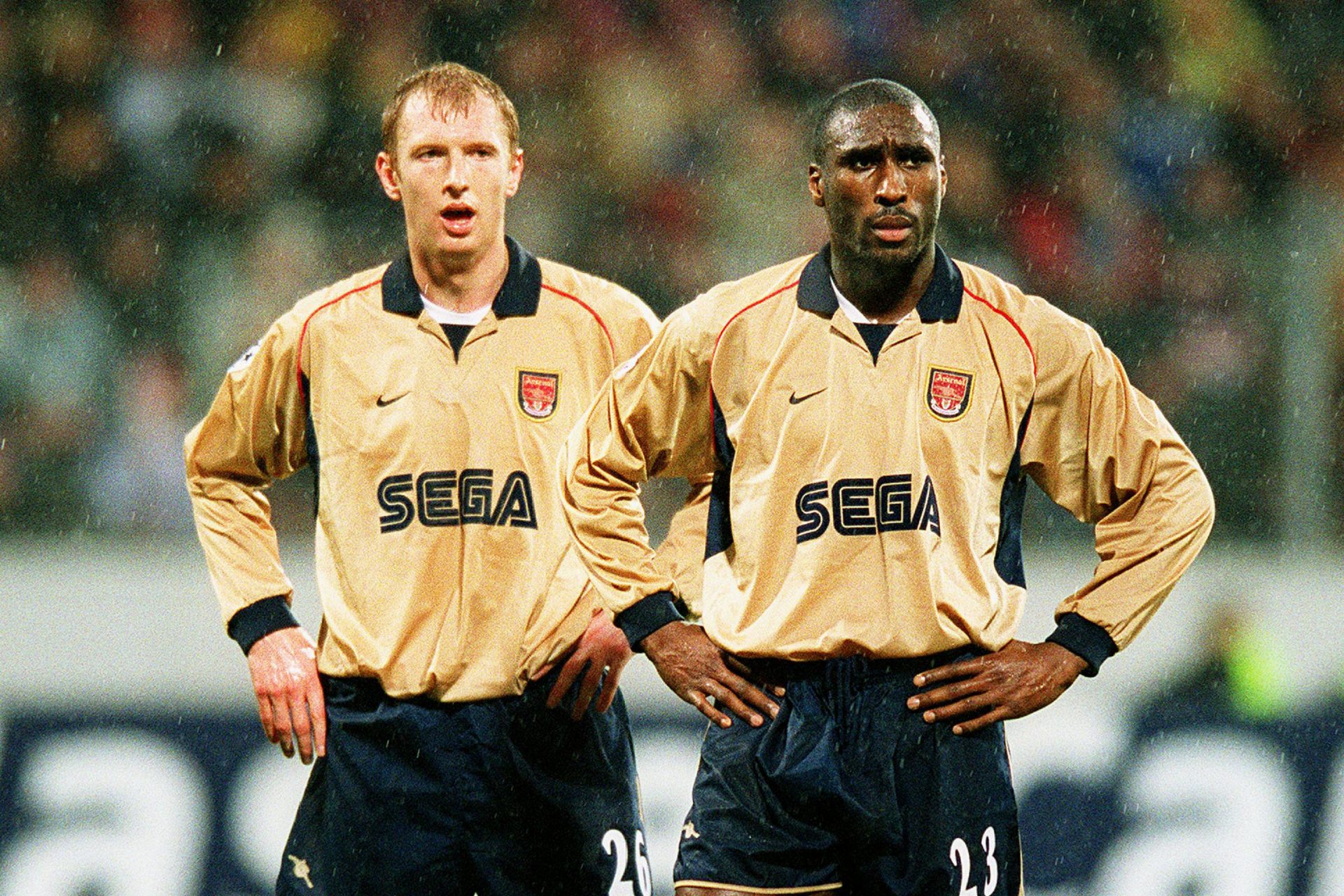Ruth Chepngetich responds to doping allegations after incredible Chicago Marathon record
Kenyan runner Ruth Chepngetich shattered the women’s marathon world record at the Chicago Marathon, finishing in a remarkable 2:09:57. Her time cut nearly two minutes off Tigst Assefa’s previous record set weeks earlier.
Chepngetich's achievement, made more astonishing by the fact that only ten men in the Chicago race ran faster, highlighted the evolving technology in running shoes, such as Nike’s Alphafly 3, which she wore.
This isn't Chepngetich's first major victory, having won the world marathon title in 2019 and narrowly missing out on the previous world record. The current marathon "supershoe" era has seen significant drops in both men’s and women’s records due to advancements in footwear, which return more energy to runners and enhance performance, World Athletics has stated as reported by the BBC.
Want to see more like this? Follow us here for daily sports news, profiles and analysis!
Chepngetich’s record also comes amid ongoing doping scandals in Kenyan athletics, as a number of prominent Kenyan athletes have received bans for doping violations, casting doubt over her success. This list includes former marathon world record holder Wilson Kipsang (pictured), former half-marathon world record holder Abraham Kiptum, 2016 Olympic marathon champion Jemima Sumgong, and London Marathon winner Daniel Wanjiru.
Her Chicago Marathon performance not only lopped 4 minutes 22 seconds off her personal best but also set a new standard in women's distance running, equivalent to a 1:59:37 men’s marathon on World Athletics' performance scoring tables.
When asked about the concerns raised regarding doping, Chepngetich responded, "People must talk," standing firm against suspicions, the BBC reported.
Kenya's dominance in long-distance running is a phenomenon that has puzzled and fascinated scientists, sports enthusiasts, and athletes alike. From the rolling hills of the Great Rift Valley to the global stage of the Olympics, Kenyan runners have consistently outperformed their competitors, raising the question: What makes Kenya the epicentre of long-distance running? Well, there are a few key factors at play here. Let's take a look at the science behind the Kenyan running phenomenon.
Kenya's geography plays a crucial role in the success of its runners. Many of the country's top athletes come from the high-altitude regions of the Rift Valley, where towns like Iten sit at around 2,400 meters (approximately 8,000 feet) above sea level. Training in such high-altitude environments forces the body to adapt to lower oxygen levels by increasing red blood cell production, thereby improving oxygen transport.
Want to see more like this? Follow us here for daily sports news, profiles and analysis!
This physiological adaptation, known as "altitude training," enhances the athletes' aerobic capacity, which is critical for endurance running. When these runners compete at lower altitudes, their bodies, conditioned to function efficiently in low-oxygen environments, can sustain higher intensities of exercise for longer periods, providing them with a significant competitive advantage, according to the paper, 'Kenyan and Ethiopian Distance Runners: What Makes Them So Good?' published by the International Journal of Sports Physiology and Performance.
Running is not just a sport in Kenya; it is deeply embedded in the culture, particularly among the Kalenjin people. From a young age, many Kenyan children run long distances to school, often covering 10 to 20 kilometres daily. This daily practice not only builds physical endurance but also fosters mental toughness — an essential trait for competitive running.
The societal view of running as a pathway to economic opportunity also plays a significant role. In a country where many live in poverty, success in running can bring financial rewards and improve living standards. This creates a highly competitive environment where young athletes are motivated to excel, knowing that victory in international competitions can lead to life-changing opportunities.
Kenyan runners are known for their exceptional psychological resilience, a trait that is nurtured from a young age. Growing up in challenging environments, often with limited resources, Kenyan athletes develop a mental toughness that allows them to endure the physical and emotional strains of long-distance running.
Training in Kenya is notoriously intense, with athletes running up to 200 kilometres per week under rigorous conditions. This level of discipline not only builds physical stamina but also instils a mental fortitude that is crucial in competitive sports. Kenyan runners have a remarkable ability to maintain focus and composure, even under the intense pressure of international competition, as reported by CNN.
It has long been suggested that genetics play a big role in the success of Kenya's runners, but there have been a number of studies conducted that have disputed this. According to the British Journal of Sports Medicine, it appears that Kenyan distance-running success is not based on a unique genetic or physiological characteristic.
Despite this, the Kalenjin people – who make up 12% of Kenya's running population – along with other highland populations in East Africa, such as Ethiopia, have been shown to exhibit a higher VO2 max – a measure of the maximum amount of oxygen a person can use during intense exercise – than most other populations, according to Slate.
This trait is crucial for endurance sports, as it enhances the body’s ability to sustain prolonged physical activity. Research, such as one paper from the University of Basel in 2023, also indicates that genetic factors related to their slim body frames and long limbs may contribute to more efficient running biomechanics, further boosting their performance.
All that goes a fair way to explaining the success of Kenya, and of course Ethiopia, which shares a highly comparable environment, and running culture in the sport, which they have both dominated at an Olympic level since 1968.
Want to see more like this? Follow us here for daily sports news, profiles and analysis!
More for you
Top Stories



